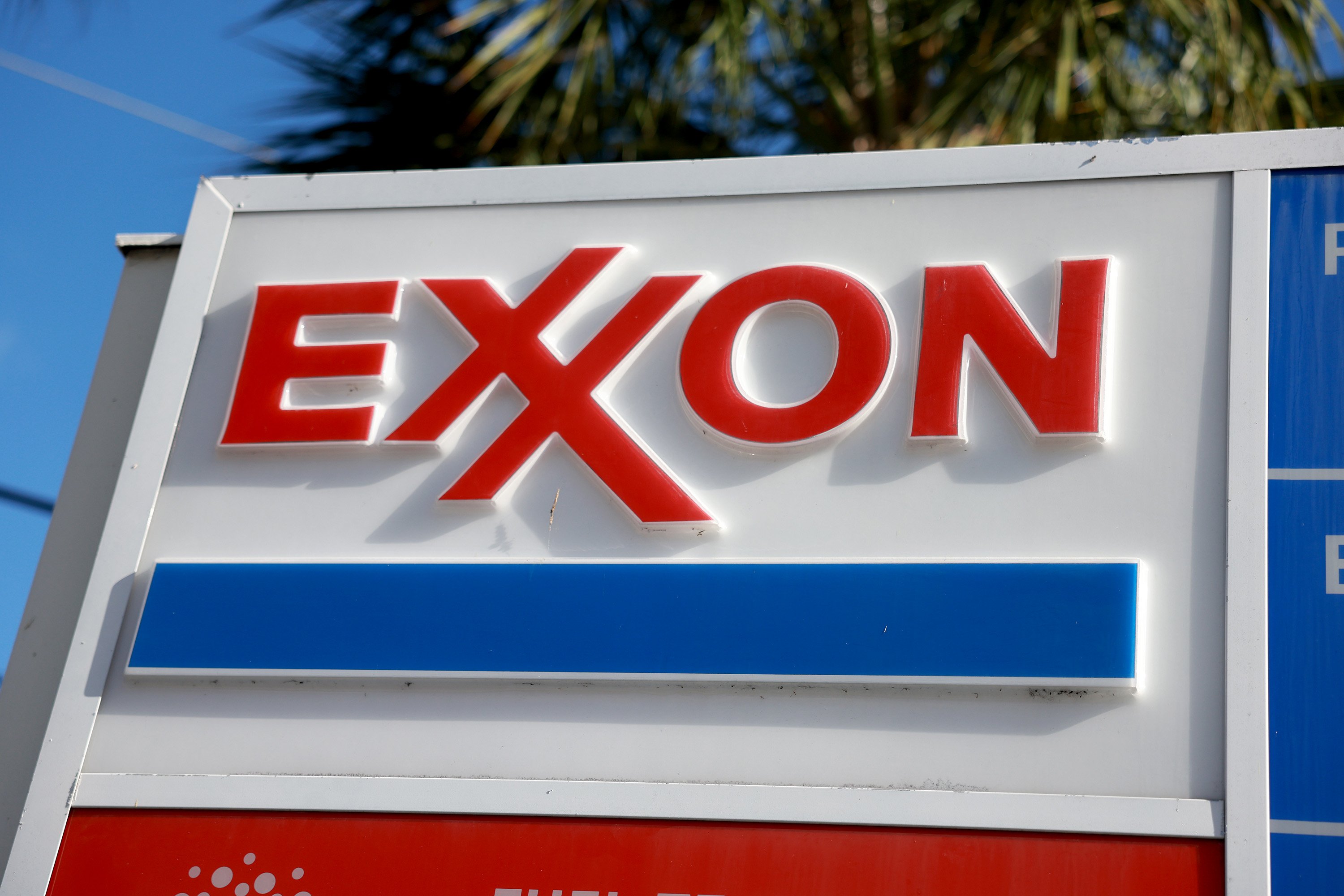Following recent drilling successes, deepwater oil and gas prospects offshore Africa have created a big buzz in the global energy industry. A handful of energy companies have already claimed sizable stakes in such projects.
Offshore Tanzania, for instance, has attracted the interest of Anadarko, which reported promising results from one of its exploratory wells last year, as well as Petrobras (PBR +0.95%), which is getting to ready to drill wells in two offshore exploratory blocks.
Meanwhile, Chevron (CVX +0.29%) recently announced that it is gearing up to develop the Moho Bilondo "Phase 1 bis" and Moho Nord projects offshore the Republic of the Congo, while ExxonMobil (XOM +0.35%) is getting ready to develop exploratory prospects off the coast of South Africa, where it purchased a 75% stake in blocks from Impact Oil & Gas in December of last year.
While these projects hold promise, another big wave of investment in West Africa may be in the deep waters off the southern coast of Gabon, a small West African country bordering Equatorial Guinea and the Republic of the Congo.
Gabon's oil and gas potential
Gabon has been producing oil for decades and boasts 2 billion barrels of proven reserves – the fifth-largest in Sub-Saharan Africa, trailing only Nigeria, Angola, Sudan and South Sudan (combined), and Uganda. However, the nation's oil production has been in decline for the past 15 years or so, due to depletion of older oil fields and the paucity of new discoveries.
The drop-off in oil production has been especially detrimental to the Gabonese economy, which depends heavily on oil revenues; oil accounts for 65% of government revenue and 75% of export revenue, according (link opens a PDF) to the African Economic Outlook. But the results from new exploratory offshore wells could soon help reverse the trend of declining production.
In April, Vaalco Energy (EGY +1.36%) completed a new development well in the Avouma field offshore Gabon, and may drill additional wells in the region, spurred on by encouraging estimates of potential recoverable reserves. And in May, Shell was reportedly readying a newly repaired oil rig to begin drilling for the first time off the coasts of Gabon and Benin.
But perhaps the most significant exploratory well offshore Gabon is the Diaman-1 exploration well, currently being drilled by French oil giant Total's (TOT +0.00%) Ocean Rig Olympia in water depths of around 5,500 feet. According to the Financial Times, the results from the well – expected sometime in the next few months – could "spark an investment frenzy".
However, significant hurdles remain for companies wanting to drill offshore Gabon. Chief among them are labor unrest, regulatory uncertainty, and a deteriorating relationship between oil industry executives and the Gabonese government. Some energy companies are worried that a fate similar to the one that confronted Addax, a subsidiary of Chinese oil giant Sinopec, may await them.
Challenges to drilling offshore Gabon
Last year, Gabon's government reclaimed Addax's assets after alleging that the Chinese company breached its contract. Energy company executives say that there's nothing to stop this from happening again in the future and claim that Gabon wants to reallocate its assets toward its newly created national oil company, Gabon Oil Company.
Some are also worried about the uncertainty surrounding the proposed hydrocarbon code, whose contents are shrouded in mystery, while others are concerned that much of their profits will go toward lining the Gabonese government's coffers. But Gabon's oil minister, Etienne Ngoubou, is quick to refute such claims.
He fiercely maintains that the Addax reclamation wasn't an erratic act, but instead was a much-needed step to take contract breaches more seriously. He's also not worried about deterring the oil companies that are interested in drilling there, saying that their operations will be profitable even with the more stringent practices the government plans to enforce.
"If cost of access is too high, and doesn't allow for profitable operations, then don't come. We know it is profitable and the conditions we propose are not excessive," he told the Financial Times. The coming months may prove him correct.









